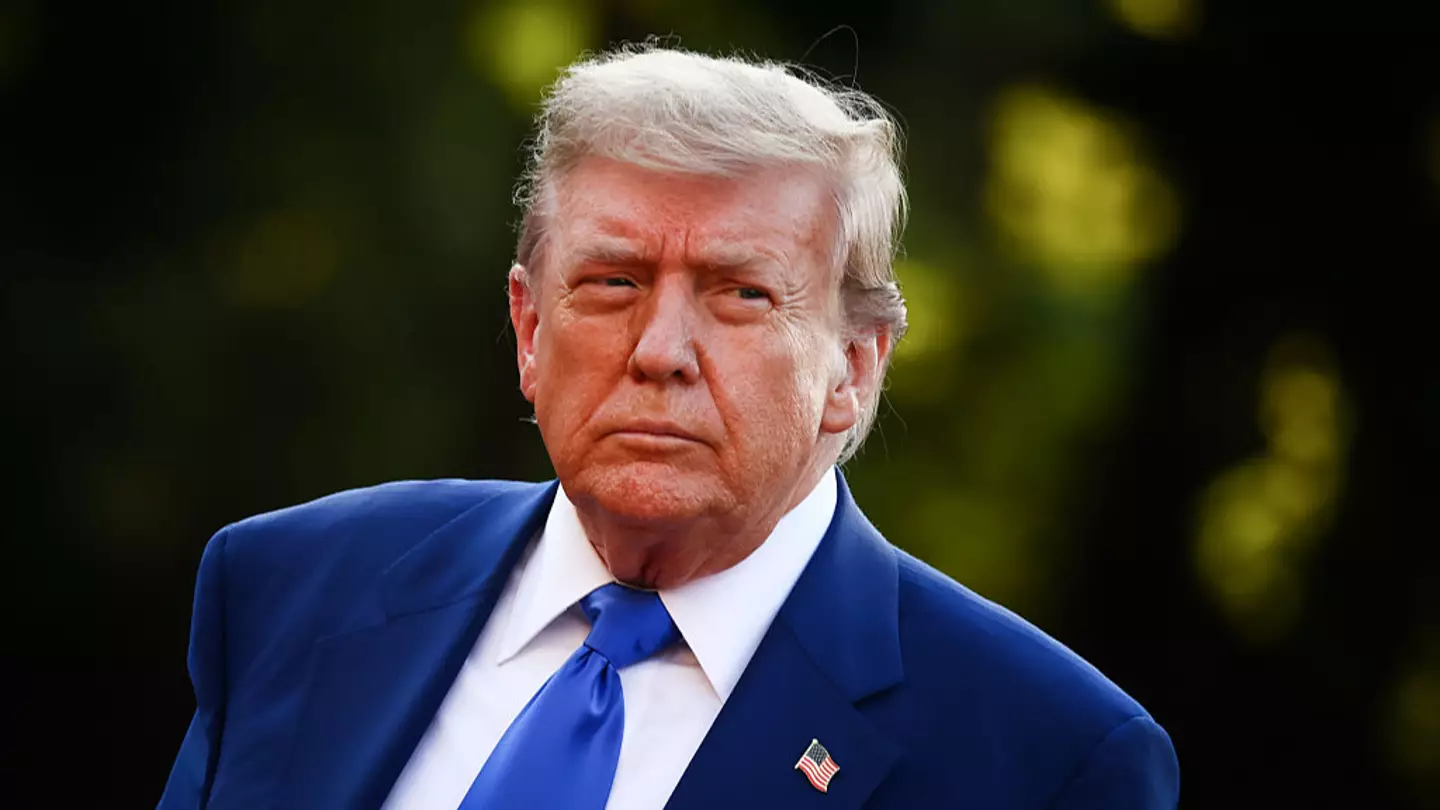
Information was leaked yesterday (25 Jun) that supposedly contradicts Donald Trump's claim about the US 'obliterating' three of Iran's nuclear sites over the weekend.
Naturally, the revelation has resulted in questions being raised about the possibility of the country continuing to develop their deadliest weapons going forward as its conflict with Israel continues.
What caused the conflict between Israel and Iran?
Tensions between the two Middle Eastern countries are nothing new.
The pair have had no diplomatic relations since 1979 (around the time of the end of the Cold War). Throughout the Iranian Revolution, the Lebanese War, and the Syrian and Yemeni civil wars, they've taken opposing sides in conflicts.
Advert
Israel, meanwhile, has long considered Iran a threat to the region's stability due to its funding of Islamist extreme groups like Hezbollah and Hamas, as well as the country's controversial nuclear programme.
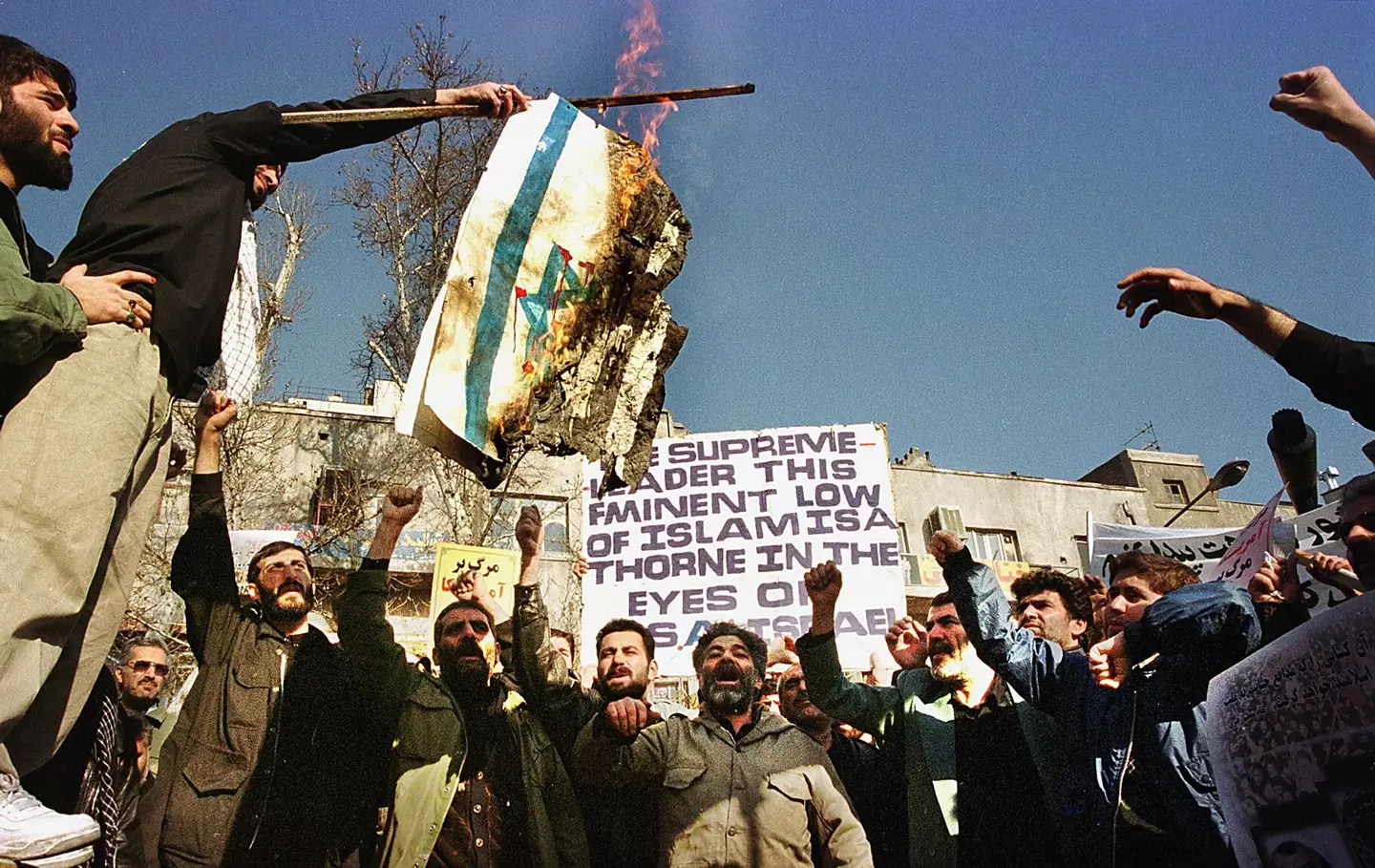
Despite Iran consistently claiming that its nuclear ambitions are purely purposed for civilian purposes and energy production and insisting that it hasn't yet developed nuclear weapons or warheads, the programme has long sparked intense international concern.
On 12 June, the International Atomic Energy Agency (IAEA) ruled that Iran had violated its obligations regarding nuclear proliferation.
According to the BBC, it claimed that Iran's 'many failures' to provide the watchdog with information about its undeclared nuclear material and activities equalled to non-compliance - a ruling which Iran condemned as 'political'.
On the same day, Israel launched a series of missiles in the country's direction, instigating 'Operation Lion Heart'.
Why did the US bomb Iran?
Following Israel's attack, President Donald Trump publicly for Iran's 'unconditional surrender', seemingly continuing to side with the former.
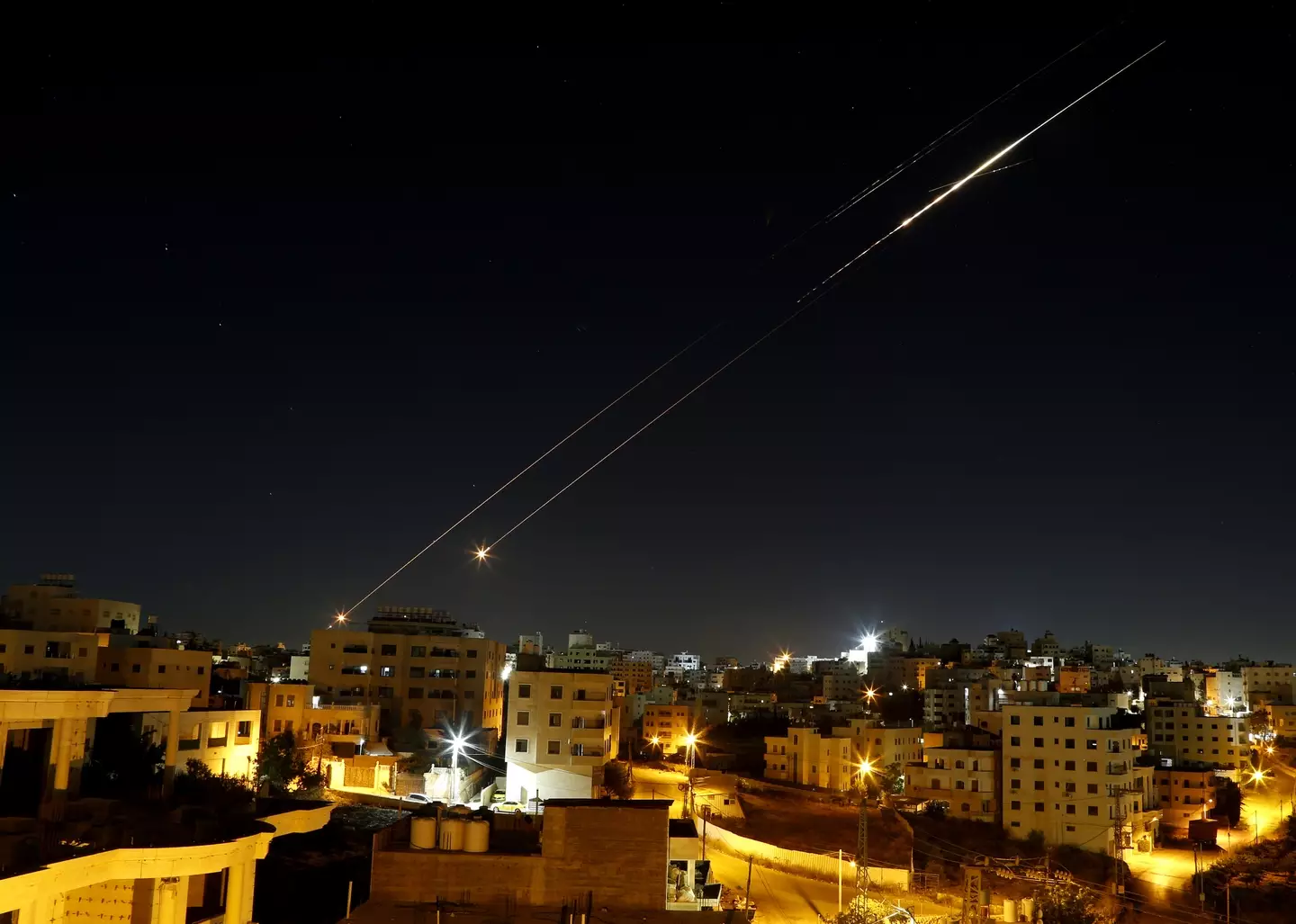
For reference, America has provided Israel with extensive military, diplomatic, and financial support since the October 7, 2023 Hamas attack and throughout the duration of the subsequent war and crisis in Gaza.
According to Council on Foreign Relations, Israel has received about $310 million in economic and military assistance from the US.
This is in spite of Israel being accused of committing war crimes, such as bombing civilian communities and preventing humanitarian aid from reaching Palestinian people, and despite the fact that the United Nations' International Criminal Court currently has an arrest warrant out for Israeli PM Benjamin Netanyahu - which he condemned as a 'dark day in the history of humanity'.
Back to Iran, however, and though Trump initially promised to take two weeks to decide whether to intervene in Middle Eastern war following Israel's attack after Iran launched missiles at a US military base in Qatar over the weekend, he dropped three bombs of his own right back.
.jpg)
It later emerged that the politician had also acted in response to a sleeper-cell terror threat reportedly been made by Iran.
Trump is also understood to have feared Iran developing nuclear weapons that could attack Western powers - a concern backed by British Prime Minister, Sir Keir Starmer, who described the programme as 'a grave threat to international security'.
Trump initially claimed that American pilots had 'totally obliterated' nuclear facilities in Natanz, Isfahan and Fordo over the weekend, and giving a follow-up statement on the White House lawn on Tuesday (24 Jun), he insisted: "Iran will never rebuild its nuclear bases. That place is under rocks, that place is demolished."
The President's assertions were subsequently refuted by information leaked by The White House, however, which argued that the Iranian sites had not been 'completely' destroyed after all.
Could Iran rebuild their nuclear facilities?
.jpg)
If the leaked information is accurate, then Trump's bombs have not completely and permanently damaged Iran's nuclear bases - they've simply set the programme back several months.
The information released to press also insisted that Iran's enriched uranium was still in tact, contradicting the President's initial claims and implying that there is still potential for the country to work towards their nuclear goal.
How far away is Iran from developing a nuclear bomb?
As we say, whilst Iran has previously insisted its nuclear programme is aimed at protecting its citizens and supplying the country with energy, it is now believed to enrich uranium to very close to weapons-grade level (60 per cent).
This goes far beyond the 3.67 per cent purity level that Iran was restricted to in 2015 as part of a nuclear deal.
Without getting too bogged down in the chemistry of the matter, nuclear weapons, however, require 90 per cent enrichment. This would be enough for 10 warheads, as per Metro.
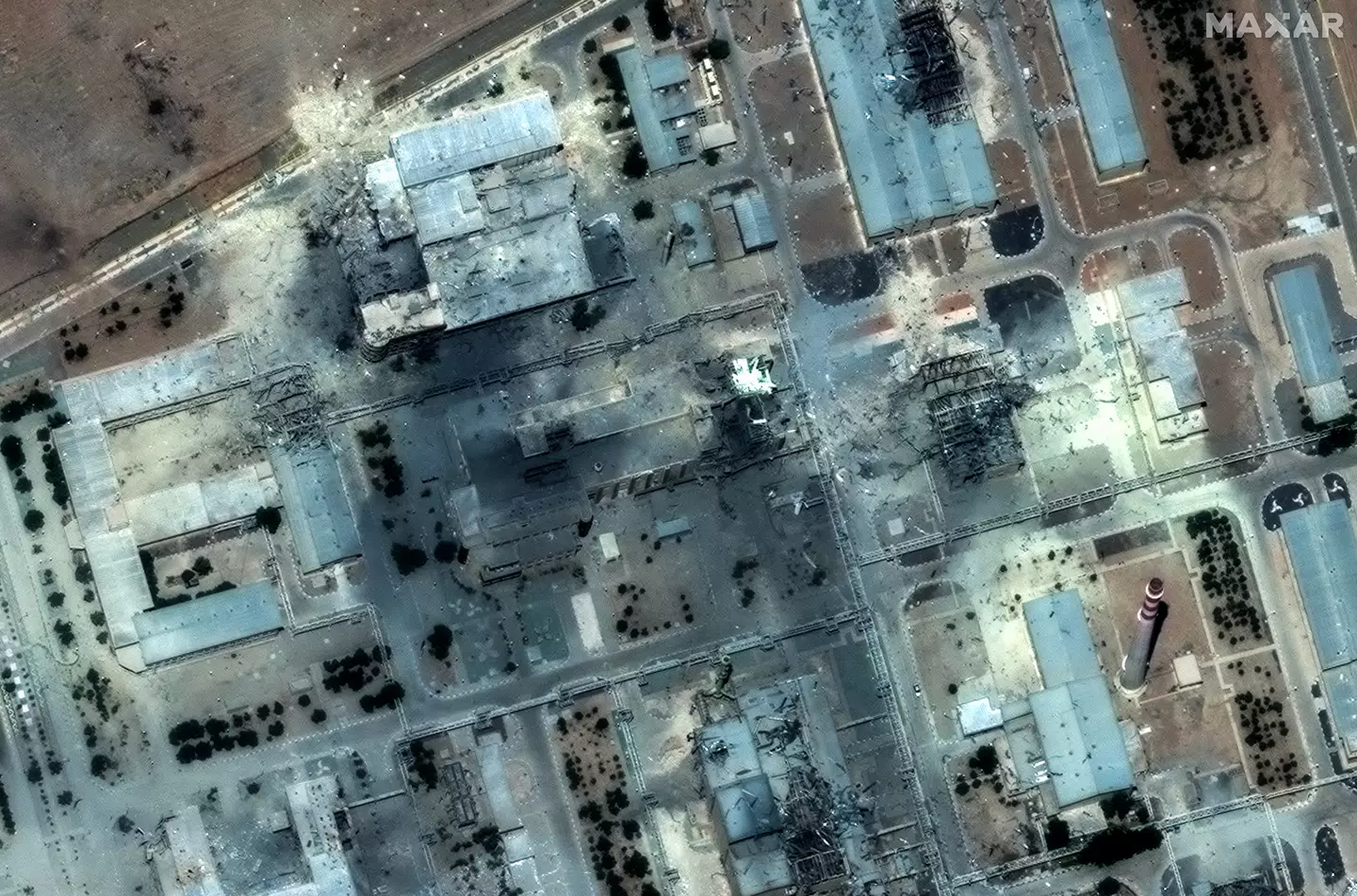
In terms of assessing how much nuclear damage that could be done with what Iranian supplies are remaining following Trump's attack, this is unfortunately rather hard to do nowadays.
This is because, immediately following Israel's strike earlier this month, Iran’s parliament suspend cooperation with the International Atomic Energy Agency (IAEA) - which is, essentially, the United Nation's nuclear inspector.
According to Iran Watch, the country did have enough enriched uranium to craft one nuclear warhead in a four month period, as well as five in one year and eight months.
They would also need, however, a missile capable of delivering said warhead.
If there is, in fact, truth to Trump's assertions, Iran's nuclear effort would have taken a huge hit over the weekend.
Which other countries have nuclear weapons?
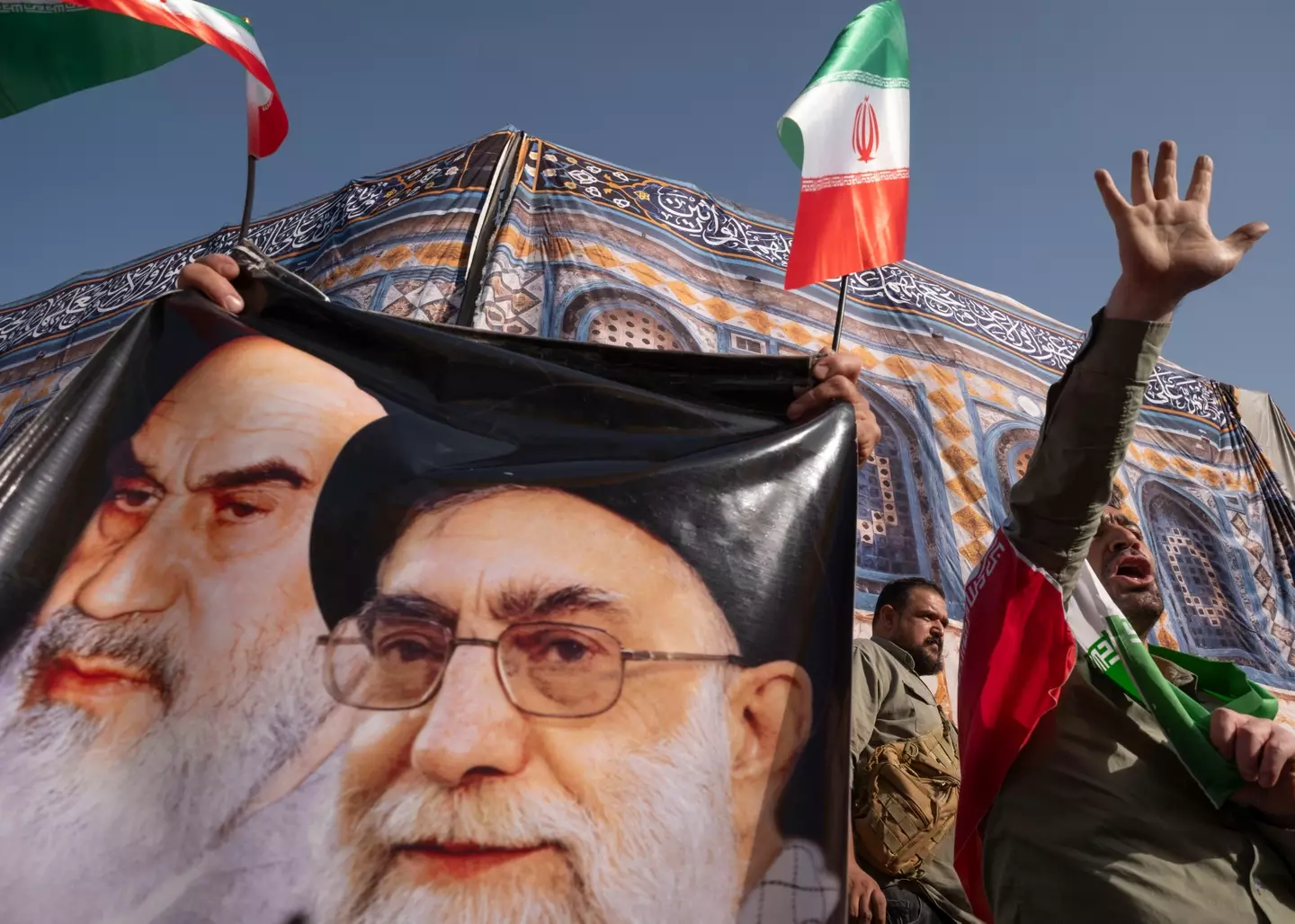
According to the IAEA, whilst as many as 30 nations have nuclear capacity, only nine countries have actual weaponry of this nature.
The full list is as follows:
- Russia: 5,449
- United States: 5,277
- China: 600
- France: 290
- United Kingdom: 225
- India: 180
- Pakistan: 170
- Israel: 90
- North Korea: 50
Interestingly, a further six countries hold nuclear weapons - Italy, Turkey, Belgium, Germany, the Netherlands for the United States, and Belarus for Russia.
The first nations to obtain these arms, according to AP, were United States, Russia, China, France, and the United Kingdom, a group now known as the five original weapons states.
Topics: Donald Trump, US News, Politics, News, World News